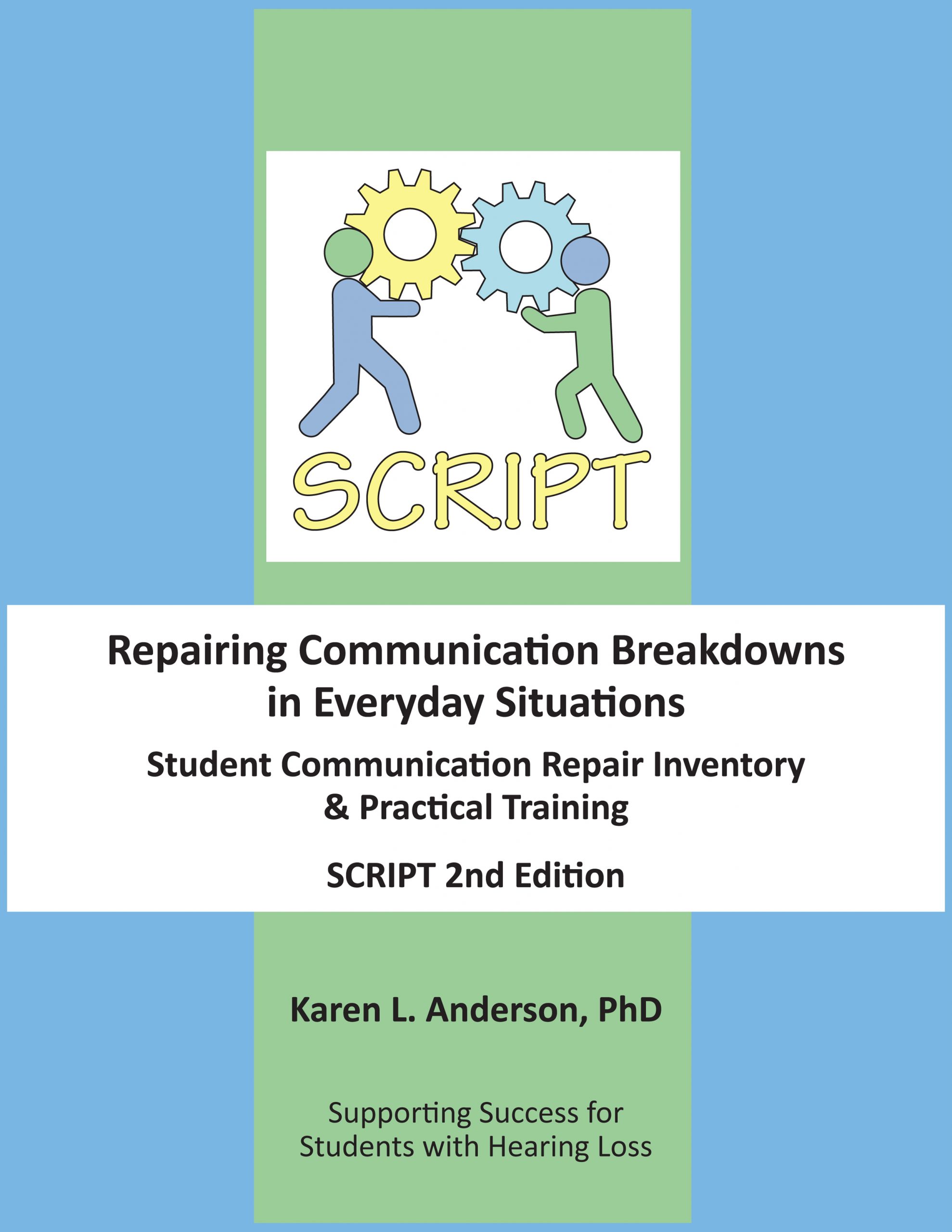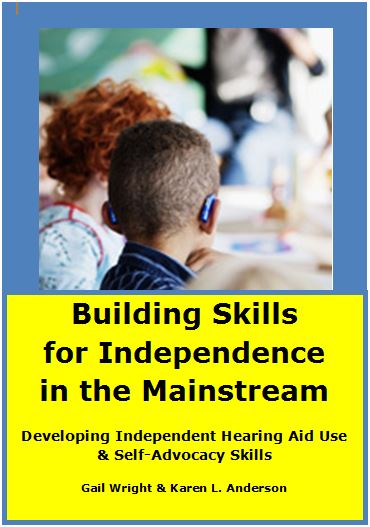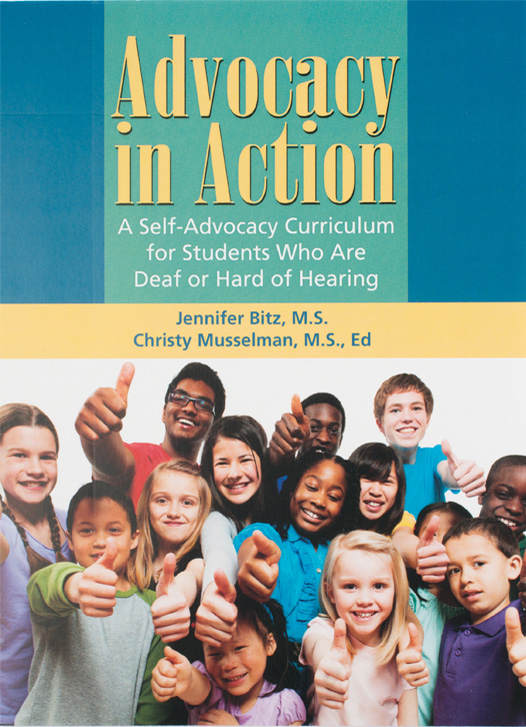Related Products
For Professionals
- Amplification
- Assessment of Student Skills, Challenges, Needs
- Early Childhood: Infants, Toddlers, Preschool
- Hearing Loss – Identification, Impact and Next Steps
- IDEA Law Summary Information
- Language and Speech Development Issues
- Legal Issues in Serving Children with Hearing Loss
- Listening (Auditory Skills) Development
- Planning to Meet Student Needs
- Self-Advocacy Skills for Students with Hearing Loss
- Self-Concept: How the Child with Hearing Loss Sees Himself
- Social Skills
- Speech Perception & Learning
Related Teacher Tools Takeout Items
Teen Transition – A Necessary Part of Future Success
 Transition services are required for students who are receiving specialized services under IEPs, starting no later than age 14. Unfortunately, Transition is often thought to be satisfied by a check off form with little true instruction. Effective and timely instruction during Transition is necessary for the future success of students who are Deaf or hard of hearing.
Transition services are required for students who are receiving specialized services under IEPs, starting no later than age 14. Unfortunately, Transition is often thought to be satisfied by a check off form with little true instruction. Effective and timely instruction during Transition is necessary for the future success of students who are Deaf or hard of hearing.
For more than 45 years, researchers have demonstrated how transition from school to postschool environments can be affected. The keys to success in transition are not many, and they are not complex. Nonetheless, few schools “do” transition successfully. The National Deaf Center has links to Postsecondary Outcomes of persons who are deaf or hard of hearing in each state. Nationally, only 48% of persons who are deaf or hard of hearing are employed and employment rates increase with education and training. Good Teen Transition services mean better readiness for post-secondary success. How did students in your state do in postsecondary achievement?
Transition services means a coordinated set of activities that are outcome oriented, based on the student’s individual needs and preferences, to prepare them to face life as an adult. In 2007, the Office of Special Education Programs required states to develop a comprehensive state plan on 20 specific indicators; Indicator 13 dealt with Transition. The questions that the IEP team should ask of each student’s education program at Transition are:
1. Are there appropriate measurable postsecondary goals in the areas of training, education, employment, and, where appropriate, independent living skills?
2. Are the postsecondary goals updated annually?
3. Is there evidence that the measurable postsecondary goals were based on age appropriate transition assessment(s)?
4. Are there transition services in the IEP that will reasonably enable the student to meet his or her postsecondary goals?
5. Do the transition services include courses of study that will reasonably enable the student to meet his or her postsecondary goals?
6. Is (are) there annual IEP goal(s) related to the student’s transition service needs?
7. Is there evidence that the student was invited to the IEP team meeting where transition services were discussed?
8. If appropriate, is there evidence that a representative of any participating agency was invited to the IEP team meeting?
From the National Deaf Center, a 2-page transition guide specifies Essential Transition Questions:
- What kinds of extracurricular experiences will provide opportunities to learn social and problem-solving skills?
- What kind of classes will prepare the student for postsecondary programs and/or employment?
- Will the student work in high school?
- Will the student participate in general education classes or will they need more intense training to achieve their postsecondary goals?
- What types of accommodations are needed in different situations?
Per the Minnesota Transition Guide for Teachers of the Deaf/Hard of Hearing (see Goodies below), throughout transition planning students should continue to increase their self-advocacy skills:
- Ability to describe their own skills and needs
- Ability to set their own goals and create a plan to reach them
- Knowing the how, who, and when to ask for assistance
- Ability to make decisions and take responsibility for the consequences of those decisions
Teaching Transition Skills
1. Refer to C.O.A.C.H. for specifics on how to work with tweens and teens to 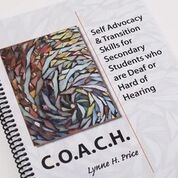 teach these skills! Self-advocacy skills are taught beginning in preschool through grade 4, switching to problem-solving for self-determination by age 12. If you only teach self-advocacy without teaching problem-solving for self-determination you are doing only half the job! See the self-advocacy webpage for more information on skills and age expectations.
teach these skills! Self-advocacy skills are taught beginning in preschool through grade 4, switching to problem-solving for self-determination by age 12. If you only teach self-advocacy without teaching problem-solving for self-determination you are doing only half the job! See the self-advocacy webpage for more information on skills and age expectations.
2. The Ida Institute has free Transition Management resources to enhance teaching tweens and teens
a. Telecare for Teens and Tweens assist 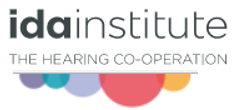 students in formulating questions for their audiologist, describing their hearing loss to others, getting family members involved in supporting communication needs, learning communication strategies, and learning how to self-manage their hearing loss.
students in formulating questions for their audiologist, describing their hearing loss to others, getting family members involved in supporting communication needs, learning communication strategies, and learning how to self-manage their hearing loss.
b. Transitions Management is a suite of materials, including nice videos, that relate to different transition periods in the life of the child with hearing loss. Check out the Being a Tween and Being a Teenager videos and the other well-designed materials this extensive website has to offer. Although the videos feature British children, they are captioned and provide a rich resource for discussion and learning.
c. 12 free lessons for teens on legal rights, self-advocacy, personal and interpersonal skills. Thanks to Dr. Kris English for making her e-book, Self-Advocacy for Students who are Deaf or Hard of Hearing freely available on the SSCHL website. Scroll to the bottom of the self-advocacy webpage to access each of these lessons
Communication skills and access to communication are critical to success in employment settings. Being well versed in communication strategies to support successful interactions is an important skill that needs to be further honed during the transition years. Transition-aged students should have a good understanding of their hearing loss and have practiced explaining its impact in preparation to do so with an employer or coworkers. Other communication skills include:
- sharing communication strategies that were previously successful in other settings,
- showing employer inexpensive options for making environmental cues visible,
- asking available resources to offer deaf awareness training for employers, and
- knowing about and communicating workplace accommodations.
In addition to meeting academic requirements, students need to have strong self-advocacy, time-management, money management, and independent living skills to be successful in postsecondary settings. By using the Postsecondary Competency Skills Checklist (see Goodies below), IEP teams can help the students evaluate their readiness for postsecondary settings.
Transition for Students Who are “Low Functioning Deaf”
In 1999, an estimated 2000 students in the US who were deaf or hard of hearing were identified by state vocational counselors as “low functioning deaf.” This term is defined as having reading levels under second grade, low math, reading and other subjects (second to fourth grade), and/or have a secondary disability. These students drop out of school at a higher rate than other students with hearing loss. They require a much greater emphasis on vocational and independent-living skills than is now provided in most secondary schools. Read the article by Bowe, below, for more information. With many similarities to programs for higher functioning students, transition programs for lower functioning students with hearing loss should include:
- training students in job-specific skills, preferably on site
- prepare them to make good decisions and advocate for themselves
- emphasize the “unwritten rules” of the workplace and key skills of good team members
- introduce students to available vocational rehabilitation resource to support career transitions
- develop an understanding of civil rights (Americans with Disabilities Act) on the job and in the community
- help students appreciate the opportunities and limitations of government supports (i.e., Supplemental Security Income)
A Step Toward Post-High School Readiness
The Rochester Institute of Technology (RIT) Communication Studies and Services Department provides a broad range of support to expand post high-school student’s communication skills. Contact RIT to receive a $65 voucher your students can use toward one of RIT’s summer camps for middle or high school students who are deaf or hard of hearing (grades 5-12).
References
- National Deaf Center on Postsecondary Outcomes (2017). Transition Planning. https://www.nationaldeafcenter.org/sites/default/files/asset/document/Transition%20Planning.pdf
- Bowe, F. G. (2003). Transition for deaf and hard of hearing students: A blueprint for change. Journal of Deaf Studies and Deaf Education, 8(4), 485493.
- Minnesota Transition Guide for Teachers of the Deaf/Hard of Hearing (2012)
- Ida Institute: https://idainstitute.com/toolbox/
- Supporting Success for Children with Hearing Loss, Self-Advocacy: 12 free lessons for tweens and teens
- Rochester Institute of Technology Summer Camp Program http://www.rit.edu/academicaffairs/koc/

